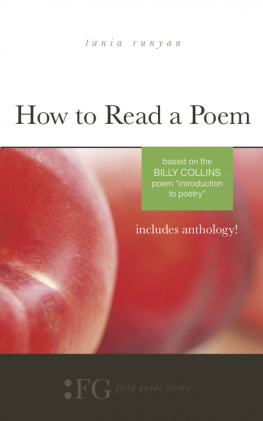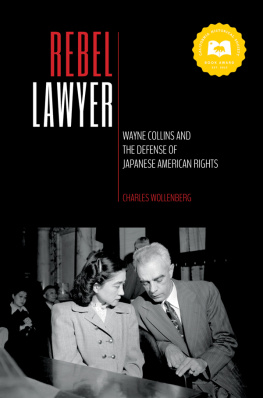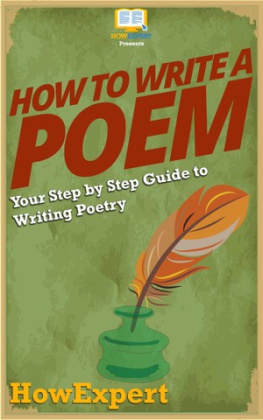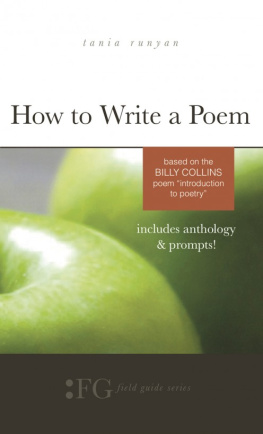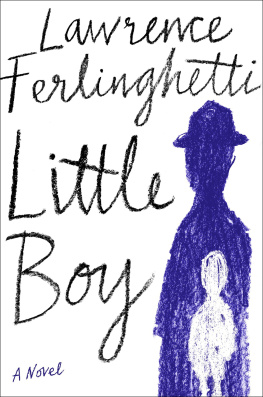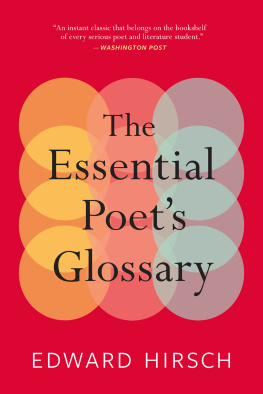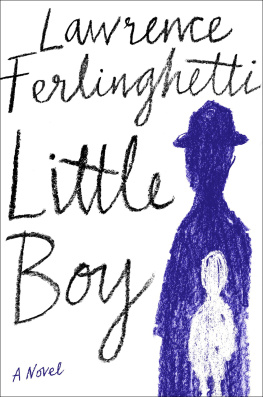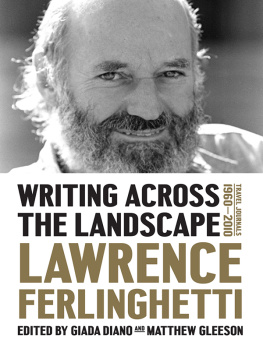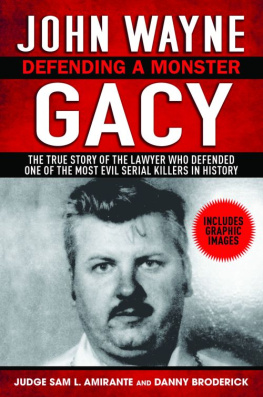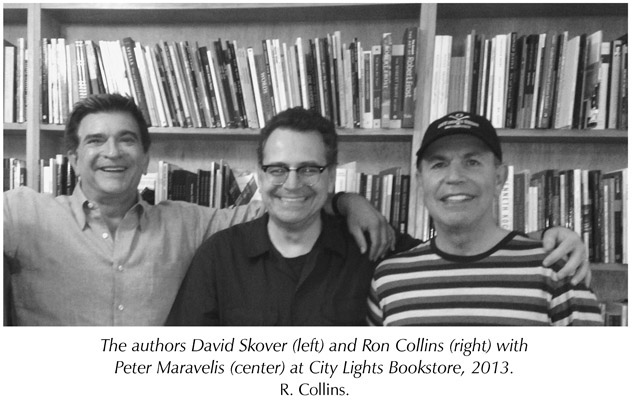About the Authors
Ronald K. L. Collins is the Harold S. Shefelman Scholar at the University of Washington Law School. Before coming to the law school, Collins served as a law clerk to Justice Hans A. Linde on the Oregon Supreme Court, a Supreme Court Fellow under Chief Justice Warren Burger, and a scholar at the Washington, DC, office of the Newseums First Amendment Center.
Collins has written constitutional briefs that were submitted to the Supreme Court and various other federal and state high courts. In addition to the books that he coauthored with David Skover, he is the editor of The Fundamental Holmes: A Free Speech Chronicle and Reader (2010) and coauthor with Sam Chaltain of We Must Not Be Afraid to Be Free (2011). His last solo book was Nuanced Absolutism: Floyd Abrams and the First Amendment (2013). His next book is: First Things FirstA Modern Coursebook on Free Speech Fundamentals (coauthored with Will Creeley and David Hudson, Jr., 2019). Collins is the book editor of SCOTUSblog and writes a weekly blog (First Amendment News), which appears on the FIRE website. In 2010, Collins was a fellow in residence at the Norman Mailer Writers Colony in Provincetown, Massachusetts. He is also the co-founder of the History Book Festival (Lewes, Delaware).
* * *
David M. Skover is the Fredric C. Tausend Professor of Constitutional Law at Seattle University School of Law. He teaches, writes, and lectures in the fields of federal constitutional law, federal jurisdiction, and mass communications theory and the First Amendment.
Skover graduated from the Woodrow Wilson School of International and Domestic Affairs at Princeton University. He received his law degree from Yale Law School, where he was an editor of the Yale Law Journal. Thereafter, he served as a law clerk for Judge Jon O. Newman at the Federal District Court for the District of Connecticut and the U.S. Court of Appeals for the Second Circuit. In addition to the books that he coauthored with Ronald Collins, he is the coauthor with Pierre Schlag of Tactics of Legal Reasoning (1986).
* * *
Together, Collins and Skover have authored The Death of Discourse (1996 and 2005), The Trials of Lenny Bruce: The Fall & Rise of an American Icon (2002 and 2012), Mania: The Outraged & Outrageous Lives That Launched a Cultural Revolution (2013), On Dissent: Its Meaning in America (2013), When Money Speaks: The McCutcheon Decision, Campaign Finance Laws, and the First Amendment (2014), The Judge: 26 Machiavelian Lessons (2017), and Robotica: Speech Rights & Artificial Intellligence (2018). They have also coauthored numerous scholarly articles in various journals including the Harvard Law Review, Stanford Law Review, Michigan Law Review, Texas Law Review, and the Supreme Court Review, among other publications. The Trials of Lenny Bruce (revised and expanded) and Mania are available in e-book form. They are also the co-directors (with Lee Levine) of the First Amendment Salons (Washington, D.C, New York City, and New Haven).
Acknowledgments
The prime mover, the man who made this book happen, is Jonathan Sisk. Jon is old school in this sense: he still believes in big ideas; he still values good writing; and he still holds to the conviction that books can change minds. Given that, we hope that this book does justice to his faith in us (and the faith of his colleagues at Rowman & Littlefield, too).
The pages of this book trace back decades in time to when we were first researched The Trials of Lenny Bruce: The Fall & Rise of an American Icon (2002) and thereafter returned to the scene with our Mania: The Story of the Outraged and Outrageous Lives That Launched a Cultural Revolution (2013). Both books made this one possible. The constant in those two works was Al Bendich (19292015), the ACLU lawyer who successfully represented both Lenny Bruce, the uninhibited comedian, and Lawrence Ferlinghetti, the dissident poet. Al was a source of great information and inspiration. He embodied what is best in defending our First Amendment freedoms. He became a friend, a close one, to both of us, and we miss him dearly.
Much gratitude is owed to Alex Lubertozzi, who guided us through many chapters with his astute editorial insights and who operated as our copyright clearance agent. Our debt to Alex has continued over the years; so too does our appreciation.
Bill Morgan and Nancy Peters (the latter of City Lights fame) assisted us indirectly with their Howl on Trial book. There is also Lawrence Ferlinghettis significant essay Horn on Howl. And we are grateful to him, as well, for granting us an interview.
The folks at Seattle University School of Law were supportive in countless ways. We are immensely grateful for the generous research and travel budgets provided by Dean Annette Clark (S.U.) and former Dean Kellye Testy (U.W.). We owe thanks for the unstinting and excellent library assistance given by Susan Kezele, Kelly Kunsch, and Bob Menanteaux; and for the superb research work done by Jason Eric Bernstein and Stacey Scriven Bernstein, who helped us reinsert authoritative citations in the People v. Ferlinghetti opinion found in the Appendix. Thanks go out at well to Jackie Farmer of FIRE (Foundation for Individual Rights in Education) for transcribing the Pacifica interview and commentary.
Ron Collins: First and foremost, there is Susan A. Cohen, who has made my uncommon life journey possible, even when it seemed difficult to continue. Her patience and perseverance, coupled with an overarching love, continue to allow me to chase after my dreams, wild though they are. I take great solace in the fact that our son, Dylan, treasures the world of wide-eyed poets yearning to break out of the bounds that cabin that mysterious life-spirit within us.
I would be remiss if I did not enter a note of posthumous gratitude to my mother-in-law, the late Shirley V. Cohen (19282018) whose generosity of heart was a model to us all of how love comes to the rescue when fate does not.
To Linda Hopkinswho in the musical bards words knows too much to argue or to judge. Her counsel returns faithfully despite this or that turn of fate. And yet, she rolls the roulette wheel time and again towards an ever hopeful tomorrow.
And then there is David Skover, who knows where all my failures are hidden. Even so, he, too, spins that same roulette wheel for his own reasons. One of Davids strengths is his open-mindedness, a rare willingness to judge ideas and people on their merits, which can be a dangerous trait in these conformist times. Our writing relationship traces back to 1988, when we offered up our ideas in the Michigan Law Review. They were unorthodox then and, happily, they continue to be so. To be sure, we are an odd couple given how very different our upbringings were and our styles are. Still, we managed to square the circle and then circle the squareah, and what a splendid joy it has been.
David Skover: My sole personal acknowledgment is dedicated to Ron Collinsmy stalwart coauthor and steadfast friend. Clearly, no one has been more influential in my evolution as a scholar and my development as a writer. When my reasoning became too convoluted, Ron encouraged me to clear out the conceptual brush and clarify my ideas. When my style became too turgid, he modeled the elegance and flair that my prose required. When my spirits sagged under performance pressures, he shouldered a good portion of the burden until my energy bounced back. It is Cicero who declared, A friend is, as it were, a second self. Thank you, Ron, for being my second self, but also for improving my first.


